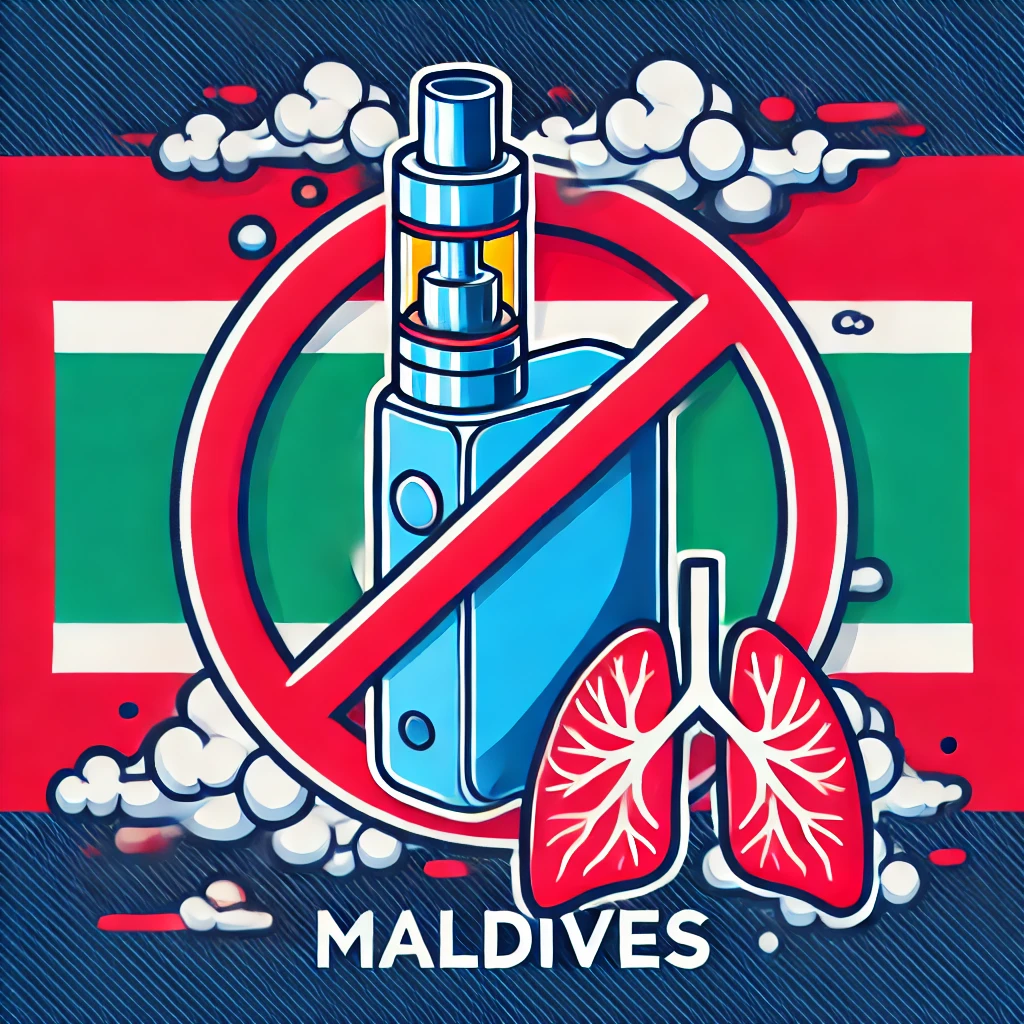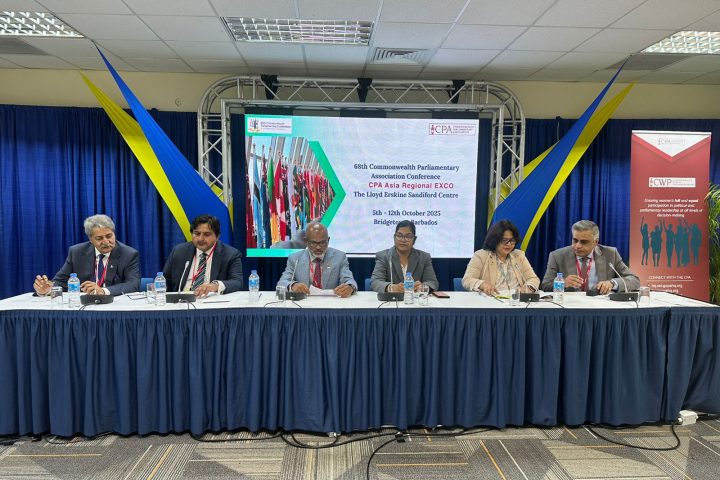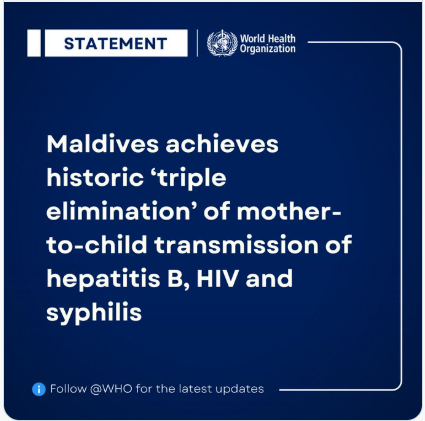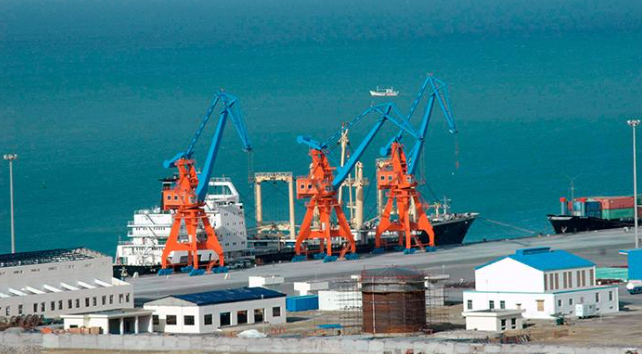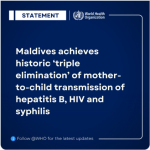The World Health Organization (WHO) South-East Asia Regional Office has praised the Maldives for taking a bold step in banning vaping, lauding it as a critical initiative to tackle the alarming rise of e-cigarette use among adolescents. According to the 2019 Global Youth Tobacco Survey, 23.1% of boys and 10.7% of girls aged 13 to 15 in the Maldives had used e-cigarettes. The WHO underscored the danger posed by these products across the region.
President Dr. Mohamed Muizzu has announced a sweeping ban on vaping products in the Maldives, citing health risks and the need for stronger regulations on their use. In a statement posted on X, the president directed authorities to prohibit the importation of all vaping products and components starting from November 15, 2024. A broader ban on the use, possession, manufacture, sale, advertising, and distribution of these products will follow on December 15, 2024.
“Congratulations #Maldives for announcing a ban on vaping,” the WHO South-East Asia Regional Office said in its statement. “The growing use of novel and emerging nicotine and tobacco products, particularly among youth, is worrying across the South-East Asia Region.” It highlighted that the Maldives’ decisive action sets a new standard in a region struggling with various levels of regulatory enforcement on vaping.
Across South Asia, vaping regulations are far from uniform, with some countries adopting a stricter stance while others face challenges with enforcement or lack any regulation at all:
India banned vaping products in 2019, but the country has struggled with enforcement. Black market sales of vaping units nearly tripled between 2014 and 2019, despite the ban.
Bangladesh has expressed intentions to outlaw e-cigarettes but has yet to implement concrete measures, leaving the growing vaping market largely unregulated.
Pakistan has no specific laws governing vaping, despite existing regulations around tobacco products, creating a regulatory gap that allows vaping products to thrive.
Sri Lanka and Nepal both have outright bans on vaping, but enforcement challenges similar to India have allowed some level of market persistence.
These countries’ efforts often pale in comparison to the Maldives’ recent action, which reflects a comprehensive approach to tackle both supply and demand of vaping products.
Amid mounting concern over the health risks posed by vaping, lawmakers in the Maldives have rallied behind the ban, with key political figures stepping up to emphasize the urgency of the move. Deputy Speaker of Parliament Ahmed Nazim, a vocal advocate for tobacco control, framed the ban as a necessary intervention to safeguard the future of the nation. “This is about protecting our younger generation from harmful habits and long-term health risks,” Nazim stressed. “The ban is a proactive measure that reflects our responsibility toward public health.”
While some countries in the region like Sri Lanka and Nepal also have bans in place, they continue to face difficulties in curbing illegal sales. On the other hand, countries like Bangladesh and Pakistan still struggle with setting clear laws on vaping, leaving the region fragmented in its approach to combat the growing trend of nicotine use among youth.
The Maldives’ swift action, backed by strong political will, stands as a regional benchmark and highlights the gaps in enforcement and regulatory oversight in its neighbouring countries. As the rest of South Asia continues to grapple with the rise of e-cigarettes, the Maldives’ ban is being held up as an example of what can be achieved with clear policy and effective leadership.
